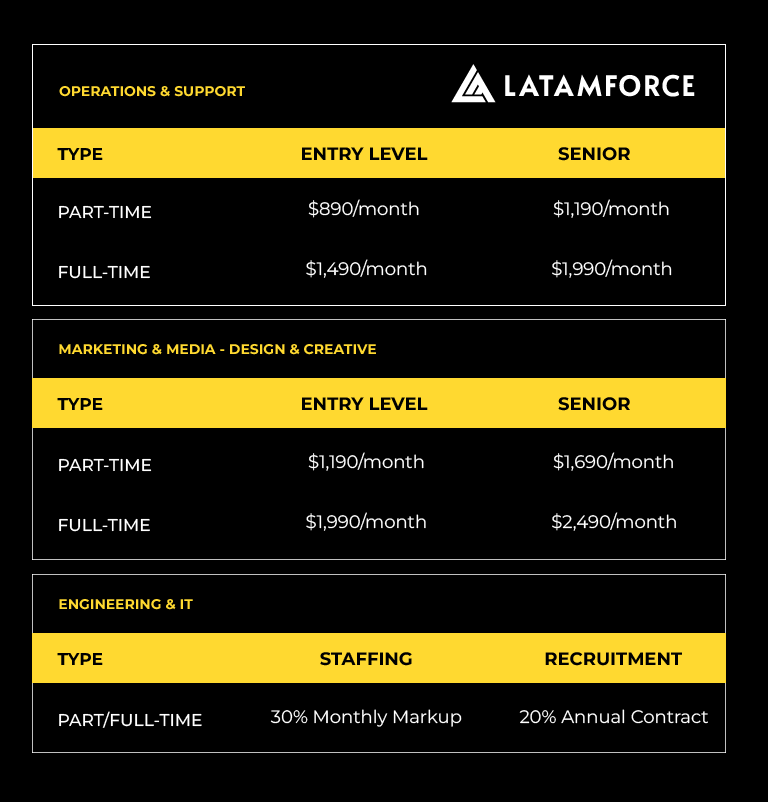Being a Perfectionist Does Not Make You a Successful Leader
With the normalization that you must be perfect in everything you do, leaders live under this culture that, if they do not follow it, makes them believe they are not suited for their tasks or will not have the success they desire. Likewise, appropriate decisions can not be made, which is critical to running a business.
“Perfectionism leads to over-analysis and decision paralysis. Striving for perfection will only frustrate you. You have to accept that it’s normal to make mistakes and that you are not in control of everything, even if you do not like to admit it,” explain Miguel Angel Arino and Pablo Maella.
They explain that things usually can not go well on the first try or as perfectly as expected, and believe that perfection is achieved this way only leads to frustration, stress, personal discredit, and instead of quality work. , you end up with an unfavorable result.
“You have to take risks, yes, but you have to know what risks you are taking and be prepared to deal with possible negative consequences.”
The problems of perfection
When a leader seeks perfection, he stops being realistic, he begins to believe that he has more control over what happens in their lives than they really can, which prevents them from achieving a broader vision and acting appropriately, which ends up having an impact on the teamwork and the organization itself.
“There are many examples of how wanting the results to be one-way results in failure or frustration because the unforeseen events of daily life interfere to such a degree that the result changes completely.”
At the level of collaborators, seeking perfection also damages their productivity and well-being, because even if they do optimal and quality work, more will always be required of them just because the leader has a different vision from reality and it will never be enough. In the end, people end up worn out, with burnout syndrome, with a loss of job mission, unmotivated, and with high levels of stress.
But the fact that a leader always seeks perfection is not just a personal matter, since by having positions with too many needs, the level that they demand of themselves increases, leading them to seek to be perfect.
Data reveals that 56% of leaders have repercussions on their productivity and mood due to all the tasks they must execute, the responsibilities assigned, and the level required by the position they have. This stress is transformed and transmitted to employees, so work must be done to achieve a balance between what is required and mental health, a great challenge but one that can be improved little by little.
How to improve?
Despite how much pressure there may be, leaders must stop seeking perfection, and just focus on achieving good results without causing further wear and tear on their health or that of their collaborators, or else there would be other crises such as illnesses, high labor turnover, and lower productivity, among others.
To do this, the authors share the following tips:
Don’t take unnecessary risks: Pressure is not a good advisor, so if it leads to the stress of being perfect, it is best to take a moment of reflection and rest. This will give you a better view.
Guide yourself by intuitions. Accept reality even if it is not the one you like and be open to the course that things take naturally and if necessary, change the strategy or plans. Remember that nothing is perfect and you cannot control everything.
Do not cling to your ideas, listen to others, and encourage them to contribute ideas because this will create a better job than the initial one. This way you will also empower your collaborators.
Do not demand the impossible from yourself or from others. Sometimes by looking for the perfect, you think about things that are not possible to do, so adapt to what you have in front of you and learn to get the best out of it.
Remote work is the future of the workforce. Is your business ready to adapt? Latamforce is here to help. Contact us and let’s create a High-Performing team together!





